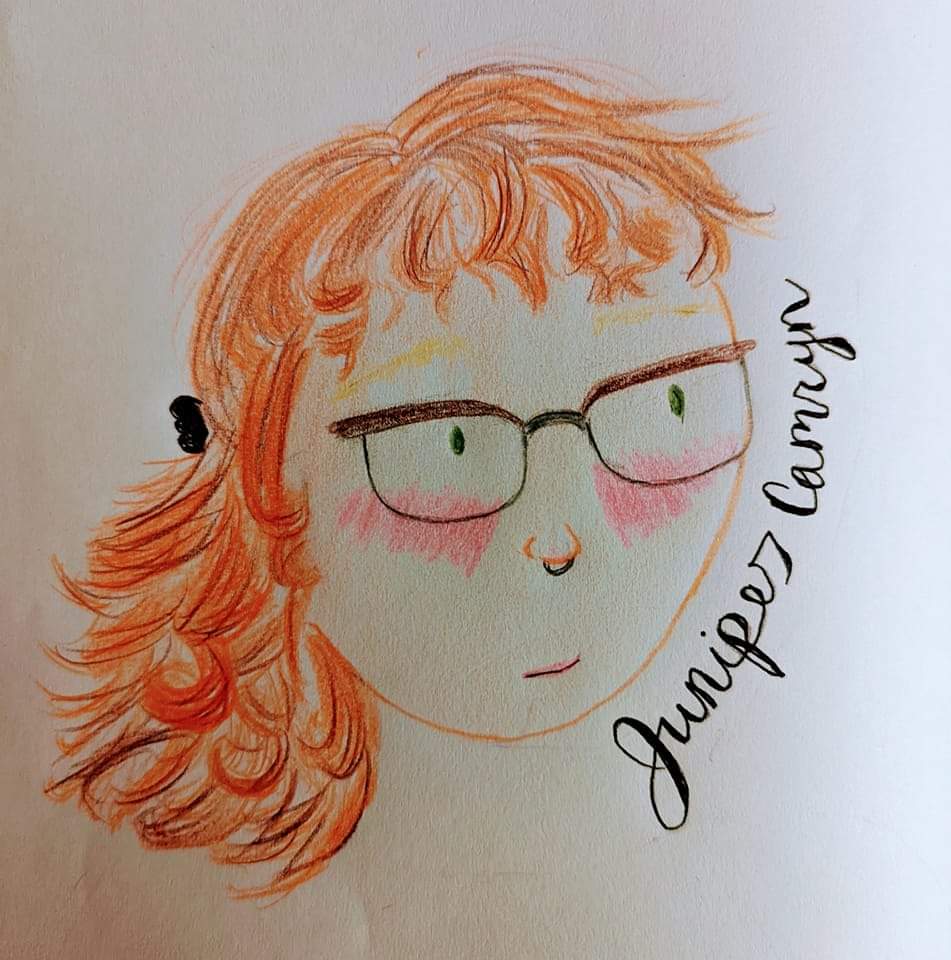Today Hoping for Repair asks cam about how to navigate constant criticism from a friend.
Do you have a question for Cam? Ask anonymously here.

Dear Cam,
Is it possible to save an 8 year friendship with a friend that has become more dogmatic in their wokeness this past year? I stopped talking to them because I was being “called out” each time we would hang out. It was constant criticism from them. I’m very self reflective and honest with myself about my mistakes but I don’t think the comments they had an issue with were racist in any way but they thought they needed to point things out and educate me. I got tired of feeling like their enemy instead of their friend. I’m white and their Asian American. I do believe in white privilege and do want to have things pointed out in a kind way if I offend my friend or other black/ poc but I don’t think it’s productive to always assume the worst in your friends and constantly knit pick. It was as if I was under a microscope and couldn’t do or say anything right. We also can’t disagree about certain social justice dogmas without them getting super heated. It just felt like we couldn’t see eye to eye at all or meet in the middle. I do miss them a lot. Is there hope for repair? How can i stay friends with them without it impacting my mental health/ it feeling unhealthy? I was thinking boundaries but not sure if they would be comfortable with those, they might just say I’m privileged. And honestly it scares me to be completely honest with them because they will just say it’s my privilege talking. Thanks!
-Hoping for Repair
Hi Hoping for Repair,
Thank you for writing in. This letter gives me a lot of complex dynamics to think about. It certainly seems like you’re grappling with the complex dynamics yourself, and this sounds like an all around frustrating and difficult situation to be in.
I want to start by saying that while I absolutely believe that there are present and historical realities and dynamics that can make interracial friendships difficult in this cultural moment of reckoning with systems of supremacy, that you deserve to have friendships where you aren’t under constant scrutiny and having to field perpetual criticism.
Of course not knowing what comments you made that were criticized, I can’t really say whether or not they were racist. They may well have been and your friend may have been right that they were.
Not having been there of course, I can’t know their tone either.
Whether or not your comments were racist feels less important to me however than the dynamics of the relationship, what you both need, and what potential there is for growth and repair.
The questions coming up for me are:
Did your friend really think you are racist in that you believe people of color to be inferior in some way?
Or when they said your comments were racist, were they pointing to stereotypes and assumption-laden ideas that are racist in origin?
These things feel qualitatively different to me, and I think should be treated as distinct.
What I wonder as I read your letter is what is going on for your friend, and if gaining a better understanding of that can open up space for a conversation to be had around your feelings and perception of one another.
If your friend thinks you are racist, or ignorant, or worthy of criticism every time you hang out, that makes me wonder why they are your friend in the first place? That just sounds like so much work, feeling like you have to constantly correct someone so that they don’t offend or hurt you.
Something I have learned over the years is that if I feel a need to constantly criticize or correct someone, that’s often a sign of bad boundaries on my part.
Either I am failing to accurately read someone who is showing me with their behavior that they aren’t a good fit for me as a friend, or I am overreaching and taking on too much responsibility to try and “fix” someone else- or both.
Every one one of us has the power to define the terms of our relationships in our lives. And every one of us is responsible for tending to those terms.
Rather than subjecting someone to a barrage of scrutiny, the course of action that would grant both you and the other person peace and freedom from perpetual conflict would be to decide how you’re going to handle the source of friction.
That decision can look a few different ways:
It can look like deciding to part and go your separate ways.
It can look like deciding to strengthen your distress tolerance and let it go.
It can look like creating boundaries around what you can and cannot talk about without upsetting one another.
It can look like negotiating boundaries and discussing the best ways to talk and be with one another so everyone feels respected and valued.
There are so many ways this tension can be dealt with.
If it is truly important to this person to have friends who perfectly speak and think in the very specific ways that make them feel comfortable, then you will not be a good fit for them as a friend.
The unfortunate thing about this approach to friendships and relationships is that it often results in highly unstable friendships and communities.
By the end of my time enmeshed in toxic woke culture, I found myself distraught at how many relationships had been severed over the years.
I asked myself why it seemed I was doomed to be alone and my answer was always “because people are disappointing.”
It was never “because I need to grow into someone strong who can hold space for dissonance, disagreement, and imperfection.”
And it didn’t matter how well I succeeded in surrounding myself with people who were like me- who shared my identities, and who shared my rigid ideas about the world- there was always SOME way that someone could disappoint me, and inevitably they always did.
The ever-shifting landscape of toxic woke culture constantly puts relationships at risk should someone fail to “fall in line.”
The thing is- if this person is concerned about the things you say to a degree that they feel like regularly criticizing you is the correct response, they need to be opening up a conversation with you about that. If you are making comments that are hurtful to them, you both need to be having a conversation about that, you both need to be considering your needs and boundaries, and you need to be hashing that out in the container of respectful dialogue.
This is why those two different scenarios feel qualitatively different to me- if your friend is seeking some kind of ideological purity and perfectionism, this isn’t a friendship that is likely to work out.
But if your friend is looking for something from you, like to know that you see them as a whole human being and not a stereotype (which sounds like it’s a possible concern), that is something you can work out easily. It sounds like you really care about this person otherwise you wouldn’t be writing in wondering how you can repair things. And perhaps establishing that base of care for one another could go a long way towards creating a solid foundation for the both of you to grow from as friends.
So to answer your questions:
Is there hope for repair?
Yes there is. You just need to get clear on what the root of the problem is between you two. If it is dogmatic, toxic wokeness, repair might not be possible at this time. If they need you to reassure them as a friend, or have some other unspoken boundaries or needs that are within your capacity to honor- then yes, repair is absolutely possible.
How can I stay friends with them without it impacting my mental health/it feeling unhealthy?
You work out the issues I’ve outlined above.
If the source of tension is something within your integrity but feels uncomfortable- I challenge you to grow into your own distress tolerance and see if this is an opportunity to grow on your part.
If the source of tension is too far beyond what you’re able to grant them as a friend and stay in your integrity, then the answer unfortunately is to not be friends.
I hope this is helpful for you, Hoping. As I said earlier, not knowing more specifics makes it hard for me to give more concrete answers- but just going off of my own experience in toxic woke culture, and my own failures and successes in relationships, these are some of the questions and perspectives that come up for me, and I hope they are able to serve you in moving forward from here.
I’ll be hoping for a best case scenario- with an outcome of growth and strength and a fulfilling, resilient friendship for both of you.
And my heart is with you both if this is not the case, I know how painful it is to lose a friend.
Best of luck,
Cam
